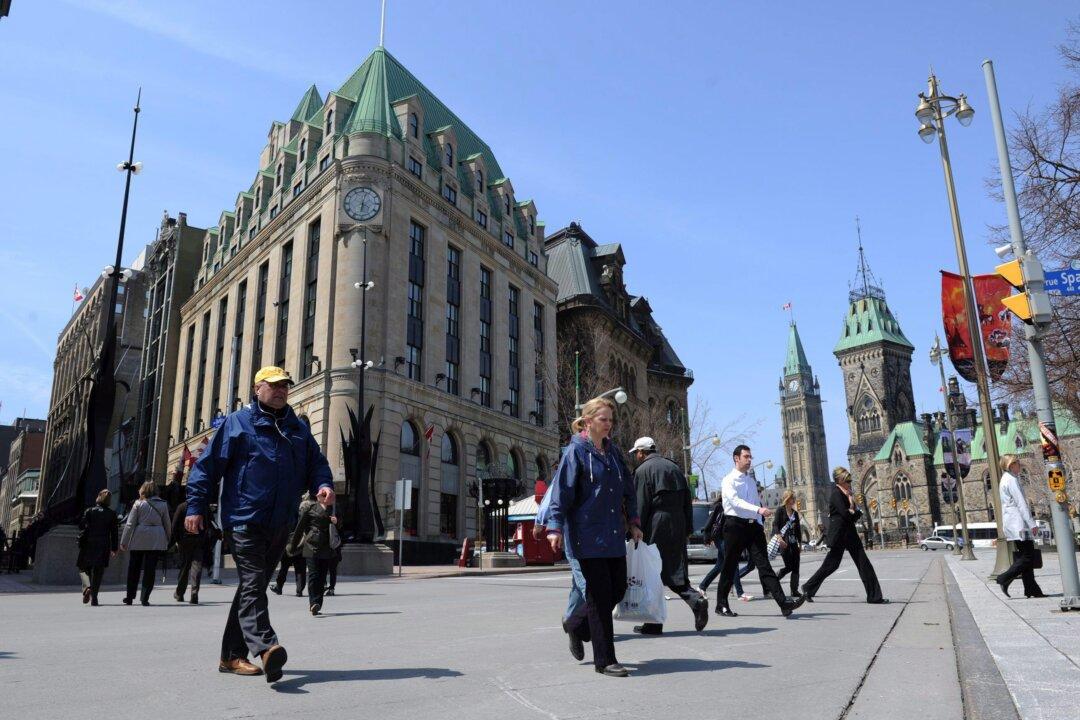Commentary
When a government wants to make a radical or controversial policy shift, it rarely will dive right into it. It will test the waters of public support using legislative tools to float trial balloons while maintaining the illusion that it has a degree of separation from the proponent of the policy.





